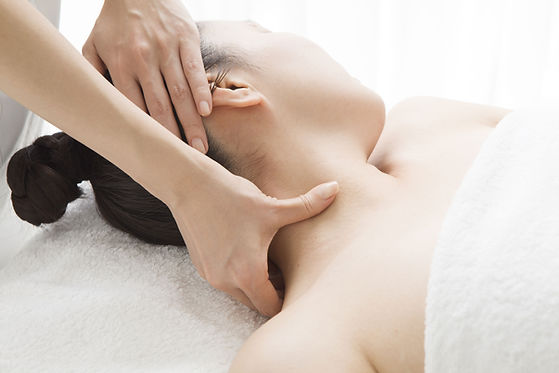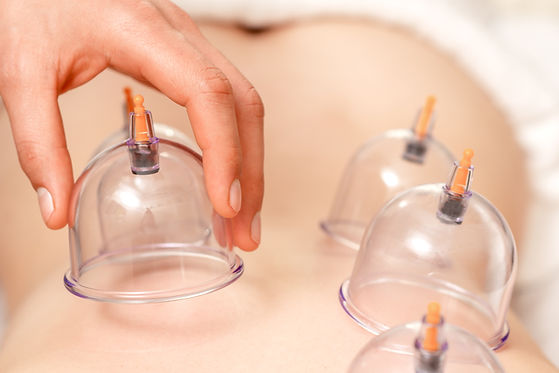OUR SERVICES


ADDITIONAL SERVICES
MASSAGE
Our practitioners utilise a variety of massage techniques such as: soft tissue massage, deep tissue massage, sports massage, lymphatic drainage massage, myofascial release massage and instrument assisted soft tissue massage. Massage is a form of manual therapy which involves holding, moving and applying pressure of varying intensity and duration to the soft tissues of the body (muscles, tendons, ligaments, and fascia). Effects of massage therapy may include: reduced muscle tension, improved circulation, stimulation of the lymphatic system (fluid drainage), reduction of stress hormones, relaxation and increased joint mobility and flexibility.


JOINT MANIPULATION
Our osteopaths are trained in spinal and peripheral joint manipulation. Joint manipulation is also known as cracking or HVLA (high velocity low amplitude thrust). It is characterised by an audible pop or click in the joint being manipulated. This pop/click is a gas pocket appearing within the stretched joint capsule and is mostly comprised of carbon dioxide. This gas temporarily increases the volume of the joint which results in a temporary increase in joint range of movement. The manipulation may cause local muscle tissues to relax or inhibit pain. Joint manipulation is commonly used to treat low back pain, neck pain and headaches.
DRY NEEDLING
Dry needling or myofascial dry needling is a treatment technique which uses single use, sterile acupuncture needles to treat muscular injuries or "trigger points". Trigger points are localised tight bands within a muscle tissue which when probed, produces a predictable referral pattern of pain. The acupuncture needles can be inserted into these trigger points to help release this muscle contraction and may help to alleviate pain in the area. Some of our practitioners have undergone additional dry needling training in order to provide this service safely and effectively. We also offer electro-acupuncture dry needling which involves applying a small current device to the needles in order to achieve rhythmic muscle contraction and relaxation to enhance the dry needling effect.


MUSCLE AND JOINT STRETCHING
Our practitioners have additional tools beyond massage and manipulation in order to help get your joints and muscles moving freely. One of these tools is known as Muscle Energy Technique (MET). MET involves you using your own muscle contraction against your practitioner's resistance and subsequent relaxing of those muscles in order to take the muscle or joint being treated in to a deeper stretch. Other techniques used utilise various long lever and short lever stretches to joints and muscles performed manually by your practitioner in order to mobilise and free up your musculoskeletal system.
CUPPING
Cupping therapy is a technique that involves placing cups on the skin to create suction. This suction is thought to improve the flow of energy in the body and facilitate healing. Cupping is easily distinguished by the round marks(bruises) that they leave on the skin. It has been used for hundreds of years by many traditional therapies.
It is theorised that cupping increases blood circulation to the area where the cups are placed. This may relieve muscle tension, which can improve overall blood flow and promote cell repair. It may also help form new connective tissues and create new blood vessels in the tissue. Our practitioners offer both dry cupping (cups are left in one spot) or massage/running cupping (cups are glided over the skin with an oil/cream).


EXERCISE REHABILITATION
Our practitioners not only want to help you get better, but also stay better. An integral part to any treatment with us is tailored rehabilitation exercises to help speed up your recovery. The exercises prescribed draw on various forms of movement such as: yoga, pilates, traditional strength training (weights), graded resistance training (bands), balance and coordination, endurance/conditioning and spine stabilising exercise. The goal is targeted, rapid recovery or re-strengthening of an injured body part. Once this is achieved the goal switches to injury prevention through strengthening tissues which minimise the risk of hurting that body part again.
POSTURE AND ERGONOMIC ADVICE
Poor posture, poor workplace ergonomics or poor sitting habits can all lead to injury when sustained for long periods. It can also hinder your chances of timely recovery of injuries. Our practitioners at The Osteo Team will ask you about the various postures or activities you perform in your day to day life. Once problem activities and postures are identified your osteo or myo will run through different modifications that can be made or postures to avoid. Our team will offer advice for many activities such as: workplace ergonomics, vehicle ergonomics, bending/lifting coaching (to spare the spine) and even day to day sitting advice.


PREGNANCY AND PAEDIATRICS
Both Osteopathy and Myotherapy can be used to treat the aches and pains associated with pregnancy all the way up to the arrival of your new baby. Treatment during this time may need to be modified to accomodate for your growing baby so our practitioners will do everything they can to ensure you are comfortable during the treatment process. Common complaints that we see during pregnancy include: lower back pain, pelvic pain, hand/wrist pain and hip pain and these most commonly occur in the third trimester. We also help with these complaints postpartum as you are recovering from the birth. Two of our osteopaths Dr Sharelle and Dr Kate have undergone additional paediatric training to help identify and treat any growth or developmental issues that the new born may have.


